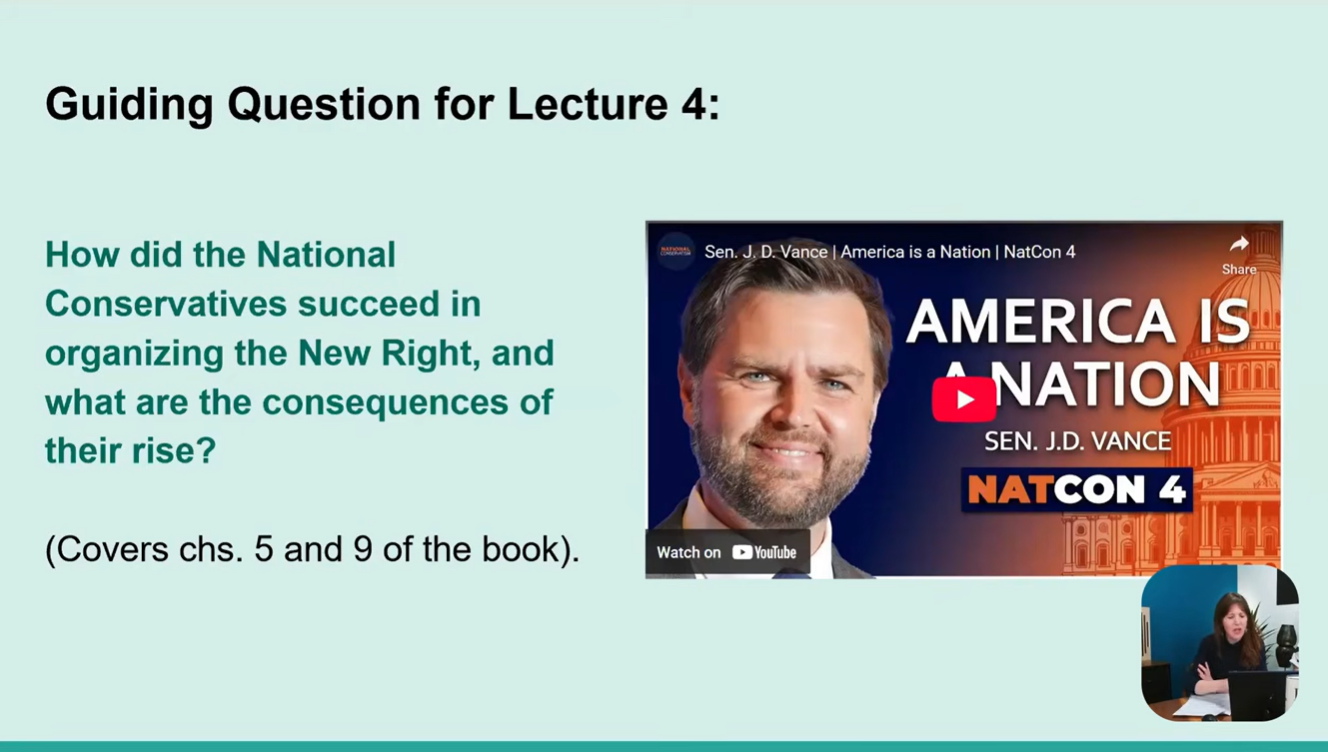The Week That Was: All of Lawfare in One Post
Your weekly summary of everything on the site.
Jen Patja Howell shared an episode of the Lawfare Podcast that featured a conversation between Evelyn Douek, Quinta Jurecic and Brian Fishman about the response of social media platforms to the recent mass shooting in Buffalo, New York:
Gabriel Schoenfeld argued that the United States has not, in fact, become dominated by woke totalitarianism.
Rayhan Asat discussed Russia’s alleged genocide in Ukraine.
Benjamin Wittes shared an episode of #LiveFromUkraine in which he spoke with Catarina Buchatskiy, co-founder of the Shadows Project and current international security student at Stanford University:
Wittes shared another episode of #LiveFromUkraine featuring a conversation with Stas Olenchenko, the founder of Ukraine Explainers:
Katherine Pompilio also shared an episode of #LiveFromUkraine in which Wittes spoke with Anastasiia Bakulina, the founder and CEO of Svidomi Media—a Ukrainian news source distributed through Twitter, Telegram, and Instagram:
Laurence H. Tribe argued that U.S. law authorizes the president to seize billions of dollars in frozen Russian sovereign assets for Ukraine’s use immediately.
Scott R. Anderson and Chimène Keitner discussed the core legal issues that U.S. policymakers need to consider as they weigh whether and how to move forward with seizing any frozen Russia-related assets.
Howell shared an episode of the Lawfare Podcast in which Anderson sat down with Kristen Eichensehr to talk about whether Russian cyber capabilities and the role of cyber in the future of warfare more generally might have been exaggerated:
Howell also shared an episode of the Lawfare Podcast in which David Priess sat down with Emanuel Örtengren, Minna Ålander and Henri Vanhanento talk about he history of Finnish and Swedish nonalignment, the shift in public and government opinion toward NATO in recent months, and both countries’ processes for applying to the alliance:
Henrik Larsen argued that NATO’s new Strategic Concept will need to clearly define the alliance’s mission so it can withstand Russia and China.
Jordan Schneider shared an episode of ChinaTalk that featured a conversation with John Foote about the Uyghur Forced Labor Prevention Act and what it will mean for companies importing to the U.S.:
Schneider shared another episode of ChinaTalk in which he spoke with John Bateman and Charlie Vest about U.S-China tech relations:
Howell shared an episode of Rational Security in which Anderson, Jurecic and Alan Z. Rozenshtein were joined by Shane Harris to talk about the week’s biggest national security news, including: the recent House public hearing on Unidentified Aerial Phenomena, Biden’s statement confirming that the United States would defend Taiwan against Chinese aggression and more:
Noura Aljizawi and Sienna Anstis discussed the effects of digital transnational repression.
Gregory J. Bott, Ann Cleaveland and Matthew Hudnall argued that university-based cybersecurity clinics are an effective way to address the growing need for experienced cybersecurity talent and developing resilience in important, at-risk sectors.
Herb Lin discussed the emergence of physically mediated cyberattacks.
George Croner explained the continuing decline in the use of national surveillance authorities over the past two years.
Stewart Baker shared an episode of the Cyberlaw Podcast in which he spoke with Mark MacCarthy, Jane Bambauer and Maury Shenk about the Justice Department’s new policy for charging cases under the Computer Fraud and Abuse Act, the demise of Department of Homeland Security’s Disinformation Governance Board, and more:
Carrie Cordero and Asha M. George explained how Congress can strengthen the Department of Homeland Security’s ability to manage its biodefense responsibilities.
Christian Ruhl argued that probabilistic forecasting is a powerful tool for anticipating global catastrophic risks.
Paul Rosenzweig announced an in-person symposium about cyber conflict and international law at American University Washington College of Law.
Shayan Karbassi explained U.S. sanctions against Iran.
Howell shared an episode of the Lawfare Podcast that featured a conversation between Bryce Klehm and Jonathan Schroden about an interim report released last week by the Special Inspector General for Afghanistan Reconstruction on the reasons for the collapse of the Afghan army:
Priess shared an episode of Chatter in which he spoke with Meredith Hindley about the movie “Casablanca,” American and French resistance intelligence operations in French Morocco and more:
And Howell shared an episode of the Lawfare Podcast in which Klehm sat down with Phil Klay to discuss Klay’s new book entitled “Uncertain Ground: Citizenship in an Age of Endless Invisible War.” They also talked about the way that America chooses to exercise its power, the obligations of citizenship and more:
And that was the week that was.





